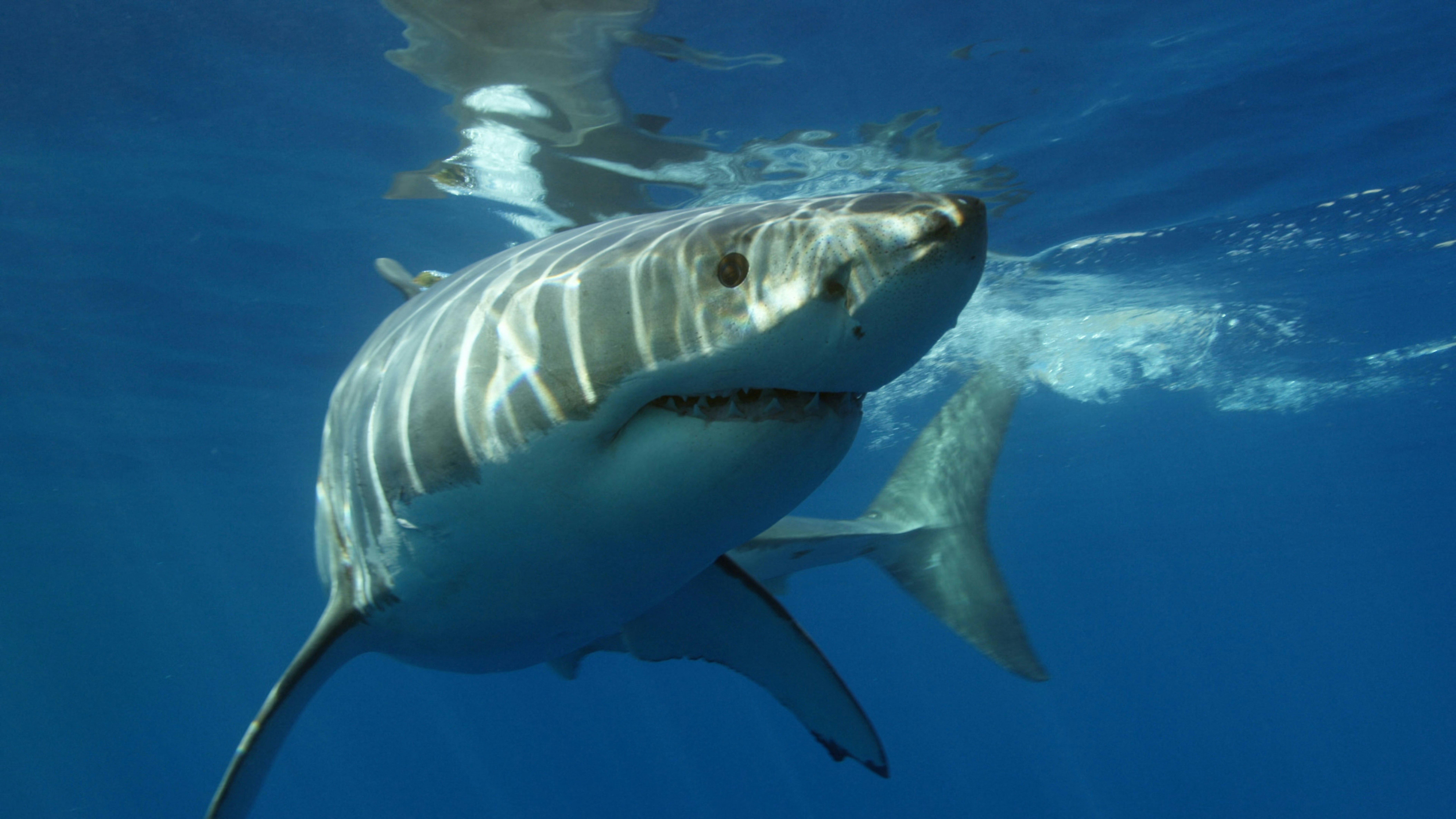Expert Reaction
These comments have been collated by the Science Media Centre to provide a variety of expert perspectives on this issue. Feel free to use these quotes in your stories. Views expressed are the personal opinions of the experts named. They do not represent the views of the SMC or any other organisation unless specifically stated.
Dr Brianna Le Busque is the Program Director of Environmental Science at Adelaide University
"The pause in the trial of the removal of shark nets is unfortunate as shark nets are not an effective mitigation approach, and can actually provide ocean users with false security that they are being protected from bites. From a psychology perspective we know that people fear things that we feel we can't control, and non-effective mitigation techniques like nets can make people inaccurately feel in control of shark interactions. We need to invest in other effective mitigation strategies and in continued shark science to better protect people, and the environment.
From a fear of shark perspective, it is also important to put the horrible incident that occurred on Saturday into perspective, this was the first fatal bite in NSW since 2022, showing that the occurrence of shark bites are still rare, and while this does not minimise the how horrific it is when it does occur, it is important we report the whole picture."
Dr Lucille Chapuis is an ARC DECRA Fellow at La Trobe University in Melbourne, Australia
"Shark bites are tragic and dramatic events for the people involved, but they remain extremely rare when considered against the millions of people who enter the ocean every year. The number of unprovoked shark bites fluctuates naturally from year to year – for example, the Florida Museum’s International Shark Attack File recorded 47 such bites in 2024. Because these numbers are relatively low and highly variable regionally, it is difficult to draw meaningful conclusions about increasing or decreasing trends.
When incidents occur, calls often arise to deploy shark nets or drumlines. However, decades of research show that these measures have not been proven effective at preventing bites. Nets and drumlines can also act as attractants, entangling sharks and other marine life, including turtles, dolphins, and rays. The science is still inconclusive as to whether they deter or increase risk.
Moving forward, improved public education, better real-time monitoring, and non-lethal technologies such as drone surveillance and personal deterrents offer more promising approaches. It’s important to balance human safety with the health of marine ecosystems; sharks are vital top predators, and removing them indiscriminately can have significant ecological impacts."
Associate Professor Charlie Huveneers leads the Southern Shark Ecology Group at Flinders University
Number of shark bites, trends, and causes
“Globally, the number of shark bites has increased over the past four decades. However, shark bites are decreasing in some regions and remain stable in others, reflecting the high variability of the risk of being bitten by a shark. A few locations have relatively more occurrences of shark bites and evidence for increasing frequency, e.g. in Australia.
If journalists want more details about Sydney (or other regions in South Australia), they should go to the Australian Shark Incident Database: https://taronga.org.au/conservation-and-science/australian-shark-incident-database
The risk of shark bite is difficult to predict and a range of factors can contribute to trends in shark sightings and shark bites. We’ve recently done a review on the factors influencing the number of shark bites and found 40 factors suggested to affect shark risk. Human population growth, habitat modification and destruction, declining water quality, climate change and anomalous weather patterns, and changes to the distribution and abundance of sharks and their prey are all often proposed to explain the recent increases in shark bites. However, the infrequent occurrence of such events reduces our ability to determine which of these factors explain the increase in shark bites the most. It is likely to be due to a combination of these factors (rather than just one). Our review tried to identify scientific studies quantitatively testing the effects of some of these factors and there was a lack of consensus among studies on the effects of these factors.”
What else can be done?
"There are a number of ways that the risk of shark bite can be reduced, which has recently been summarised into the ‘3P’ approach ‘Perimeter, Proximity, Prevent’.
* Perimeter: As a first line of defence, establishing an outer ring of measures to maximise the space and reduce overlap between water users and sharks. These include swimming enclosures to separate people and sharks, beach meshing, SMART or traditional drumlines, aerial surveillance, and tagged-shark listening stations.
* Proximity: The second, personal line of defence is to reduce the likelihood of shark bites when shared space cannot be avoided. Commercially available products like personal electronic deterrents can overwhelm a shark’s sensory organs and reduce the risk of bites by up to 60% even when sharks are in a predatory mode.
* Prevent bleeding: The first part of this is to reduce injuries and recovery times by wearing bite-resistant wetsuits. These protective wetsuits can reduce the extent and magnitude of the bite and thereby reduce blood loss and provide more time for aid to arrive. The second part of preventing bleeding is training to deal with these high-impact, high blood-loss events through ‘trauma training’ and trauma kits.
Education and awareness to support the three tiers of this approach are essential. Shark awareness is necessary to ensure that people know how to modify their behaviour to reduce personal risk, whether avoiding swimming/surfing at times of relatively higher risk, determining when to consider using a personal deterrent, or being able to respond to a shark bite quickly with suitable first aid."



 Australia; VIC; SA
Australia; VIC; SA


